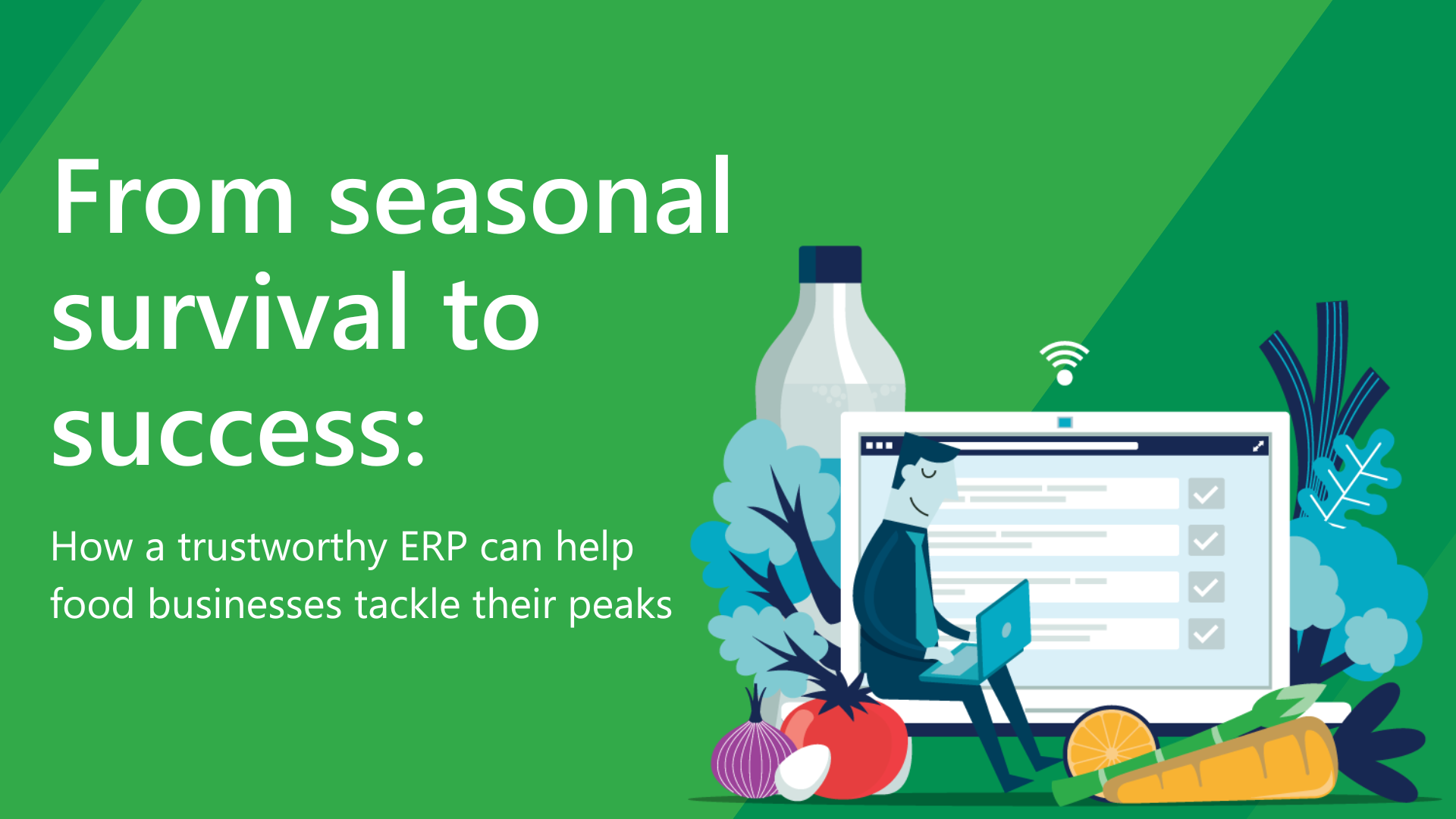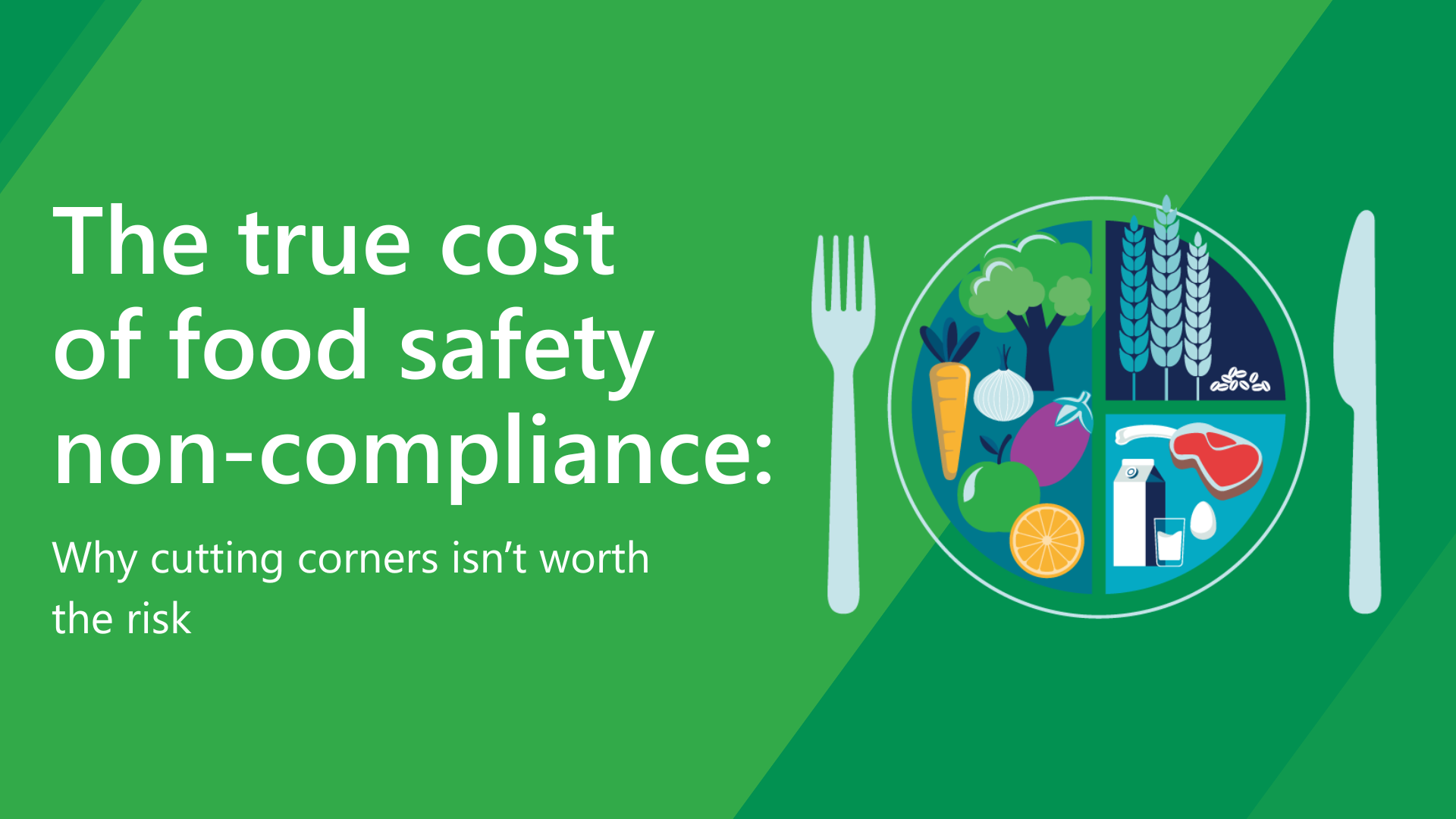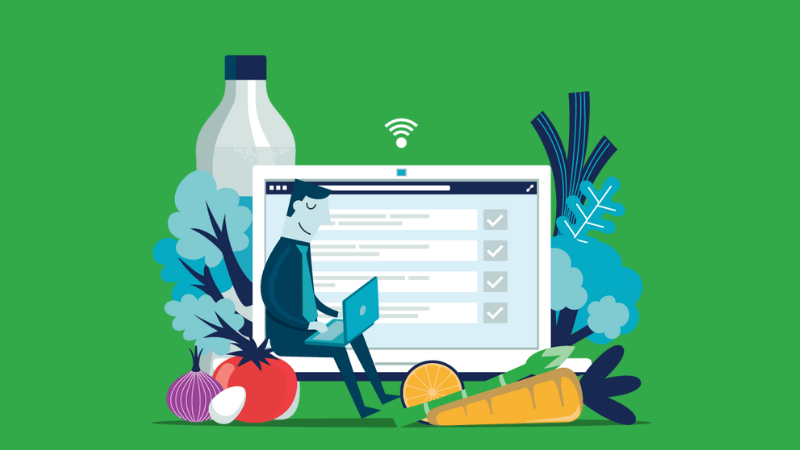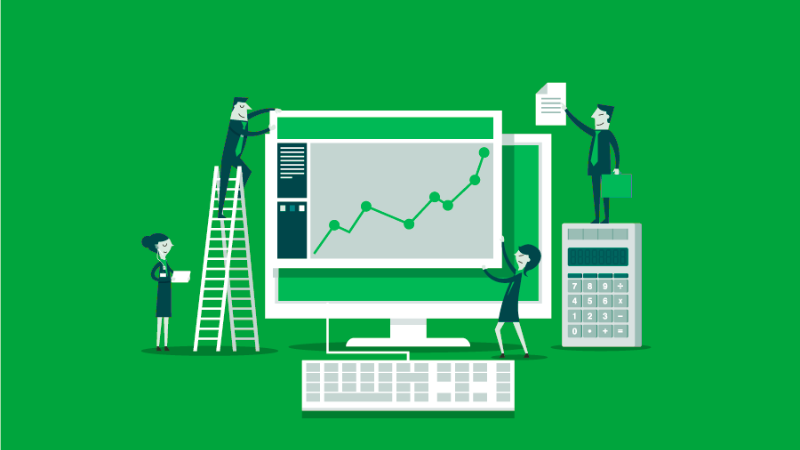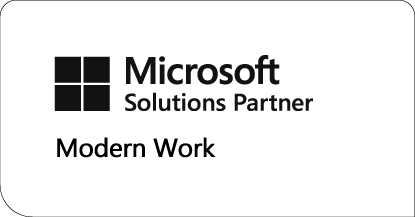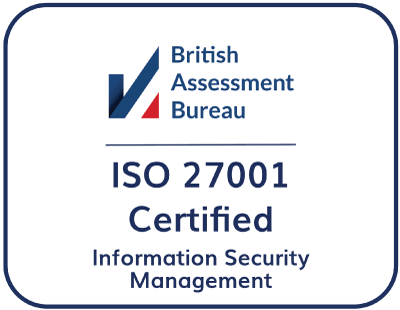Reading time: 3 - 6 minutes
From Christmas confectionery chaos to heatwave stockouts, here’s how ERP food software can help food manufacturers overcome demand surges, supply chain disruption and more.
Reading time: 2 - 4 minutes
Think it’s worth cutting corners on compliance? Think again. Let’s explore the lasting impact of food safety non-compliance and why choosing the right food ERP software can help.
Reading time: 3 - 5 minutes
The food industry is no stranger to change. Climate change is amping up the heat (literally), putting pressure on every aspect of food production – from farm to fork.
From unpredictable weather patterns to rising costs and disrupted supply chains, food manufacturers and distributors are facing a new set of challenges that demand smarter, more sustainable ways of working.
Reading time: 2 - 3 minutes
If your current business systems are giving you headaches, it’s time for a change. The food industry is evolving fast, and agility is no longer a nice-to-have; it’s essential.
Reading time: 2 - 4 minutes
It’s no secret that the food industry has experienced a strange and unpredictable year. From panic buying and empty shelves to the rise of takeaway-only dining, businesses have had to pivot fast. From one extreme to the other, food businesses have had to respond quickly to the changes. While some have struggled to keep up, those with the right tech, like a fully integrated ERP system, have stayed ahead of the curve.
Reading time: 2 - 3 minutes
Every time we sit down with a new food company, we ask the same question: What’s driving you up the wall right now? And without fail, someone says “spreadsheets.”
Reading time: 2 - 4 minutes
Dry January isn’t just a trend anymore; it’s a lifestyle shift. In 2025, 15.5 million Brits pledged to go alcohol-free for the month (Alcohol Change). Big brands are jumping on board: Lucky Saint is now the official beer of the Dry January challenge, and Majestic Wine saw a 600% spike in no- and low-alcohol sales since 2022 (The Drinks Business).



